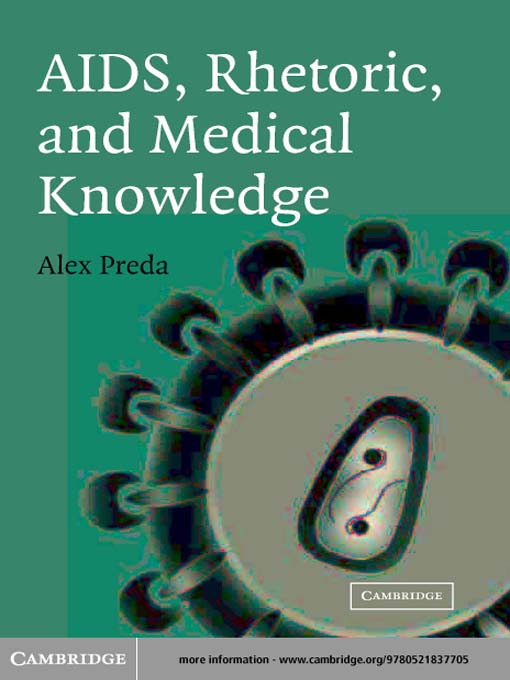- English
- 中文(简体)
- 日本語
-
Description
-
Details

Kindle Book
- Release date: November 29, 2004
OverDrive Read
- ISBN: 9780511078934
- Release date: November 29, 2004
PDF ebook
- ISBN: 9780511078934
- File size: 1661 KB
- Release date: November 29, 2004

-
Details
Publisher:
Cambridge University Press
Kindle Book
Release date: November 29, 2004
OverDrive Read
ISBN: 9780511078934
Release date: November 29, 2004
PDF ebook
ISBN: 9780511078934
File size: 1661 KB
Release date: November 29, 2004
-
Creators
- Alex Preda - Author
-
Formats
-
Languages
English
Why is availability limited?
×Availability can change throughout the month based on the library's budget. You can still place a hold on the title, and your hold will be automatically filled as soon as the title is available again.
The Kindle Book format for this title is not supported on:
×- - Kindle 1
- - Kindle 2
- - Kindle 4
- - Kindle 5
- - Kindle 7
- - Kindle DX
- - Kindle Keyboard
- - Kindle Paperwhite
- - Kindle Touch
- - Kindle Voyage
Read-along ebook
×The OverDrive Read format of this ebook has professional narration that plays while you read in your browser. Learn more here.
